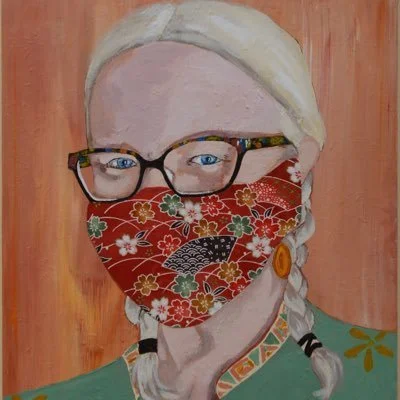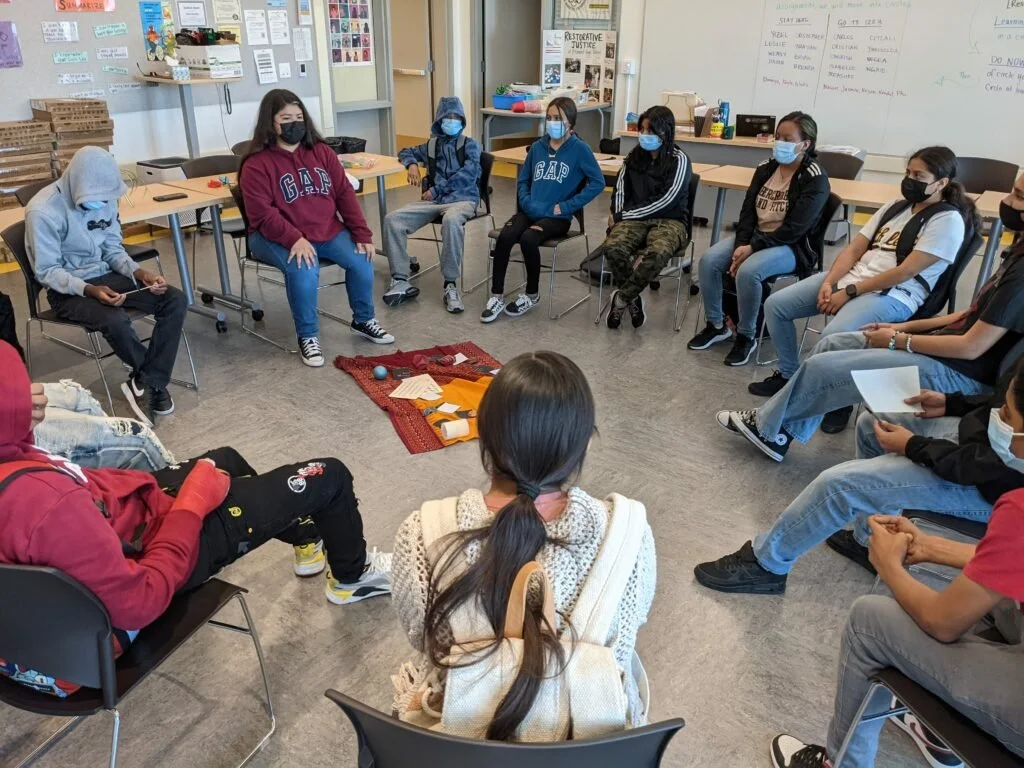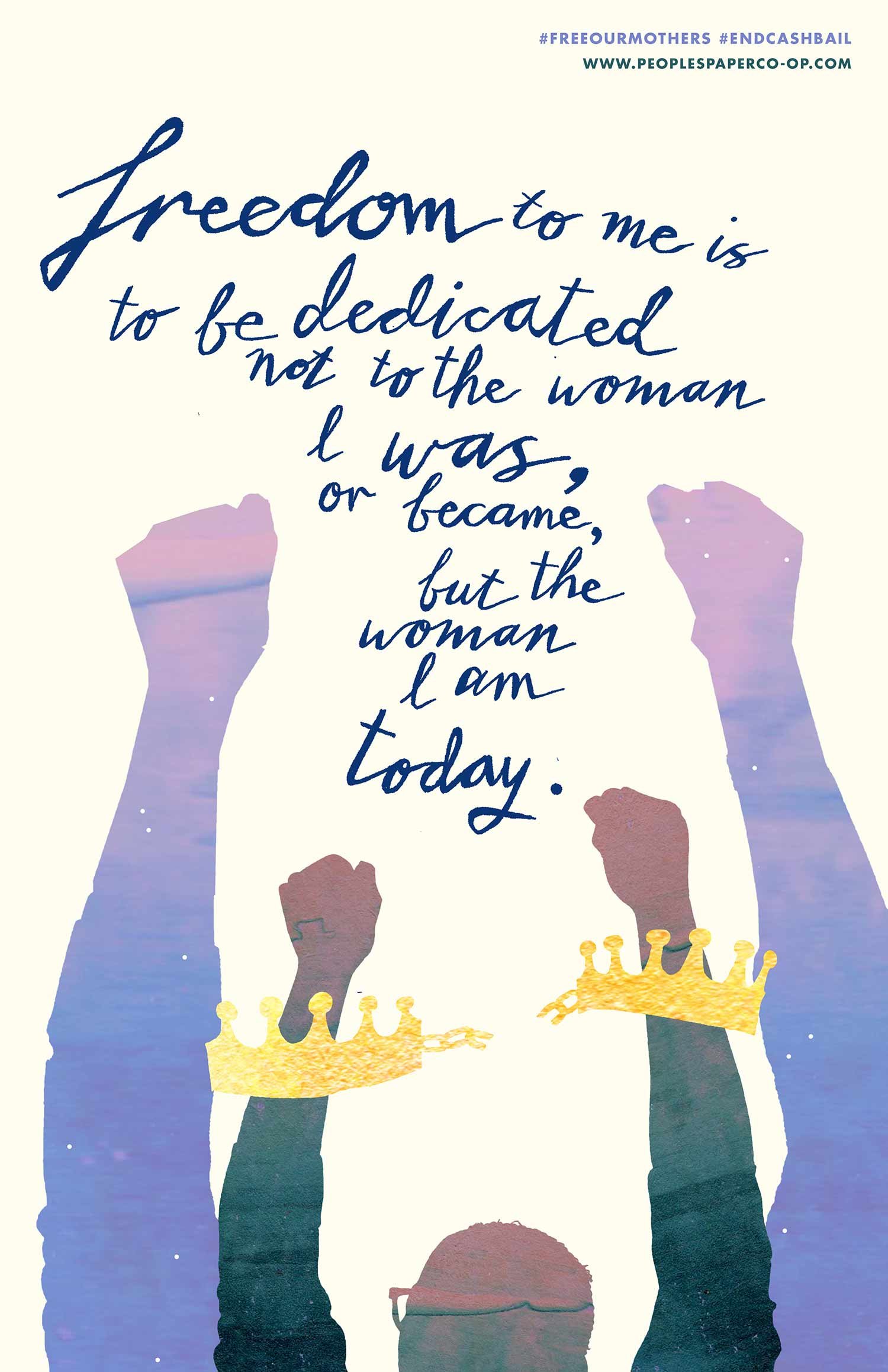What can the abolition movement teach us about care, JUSTICE and freedom?
Abolition imagines a world without punishment. It calls educators to work in solidarity with communities to dream of new futures, heal, and disrupt inequities in our systems.
In this field trip, we will be joined by guests and organizations who bring this commitment into their work — through teaching practices, restorative justice, and into their daily lives as parents and neighbors. We will interrogate what this philosophy requires from us, what makes it hard, it what possibilities it unlocks.
Register below with a sponsorship code or via sliding scale pricing that begins at $25.
Guests
-

Jennifer Viets
CHICAGO, IL
Jennifer Viets (she/her/hers) is a Restorative Justice practitioner both in community and in Chicago Public Schools. In her role as a Restorative Practices Coach, she works with all members of a school community to build relationships and employ restorative responses to harm.
Jennifer is also the mother and mother-in-law of four grown people, and a practicing Abolitionist. She is leads virtual circles for teachers, parents, and community members, and is joining us to share more about how to practice abolition in our daily lives.
-

Arise High School
OAKLAND, CA
Arise High School “uses a restorative justice praxis to support the way in which we conceptualize and actualize our mission.”
This approach shows up in all aspects of the work at Arise: In the core values, the physical space, the pedagogy, and in relationships. We’ll be joined by Arianna Caplan, the director of student support services.
-

Peacemaker Circle of the Colville Confederated Tribes
NESPELEM, WA
The Peacemaker Circle works with community members in focused-based talking circles.
“Peacemaking circles, talking circles, or healing circles, are deeply rooted in the traditional practices of the indigenous people of North America, as well as from other parts of the world. The circle process establishes a very different style of communication as opposed to European traditions that most of us are familiar with. Rather than active verbal facilitation, communication is regulated through the Peacemakers or Circle Keepers by passing a talking piece (usually an object of special meaning or symbolism of the group).” – Colville Confederated Tribes Peacemaker Circle
ARTIST SPOTLIGHT
This month, workshop participants will receive a poster of their choice from the annual collaboration between the People’s Paper Co-op (PPC) and the Philadelphia Community Bail Fund. Every year since 2018, the PPC has worked with a powerful cohort of women in reentry to co-create a poster series and corresponding set of exhibitions, parades, press conferences, and events to raise awareness and funds for the campaign. Their posters, prints, and t-shirt sales have raised over $215,000 to free Black mothers and caregivers.
The People’s Paper Co-op is a women led, women focused, women powered art and advocacy project at The Village of Arts and Humanities in North Philadelphia. The PPC looks to women in reentry as the leading criminal justice experts our society needs to hear from and uses art to amplify their stories, dreams, and visions for a more just and free world.
-

Change Our Worlds
Shyama Kuver (@heartovercrown) & People's Paper Co-op
-

My Community Needs Me
Devon Cohen (@kibblewoodcrafts) & People’s Paper Co-op
-

I Am Free
Lisa Congdon (@lisacongdon) & People's Paper Co-op
-

Freedom To Me Is ...
Kah Yangni (@kahyangni) & People's Paper Co-op &

